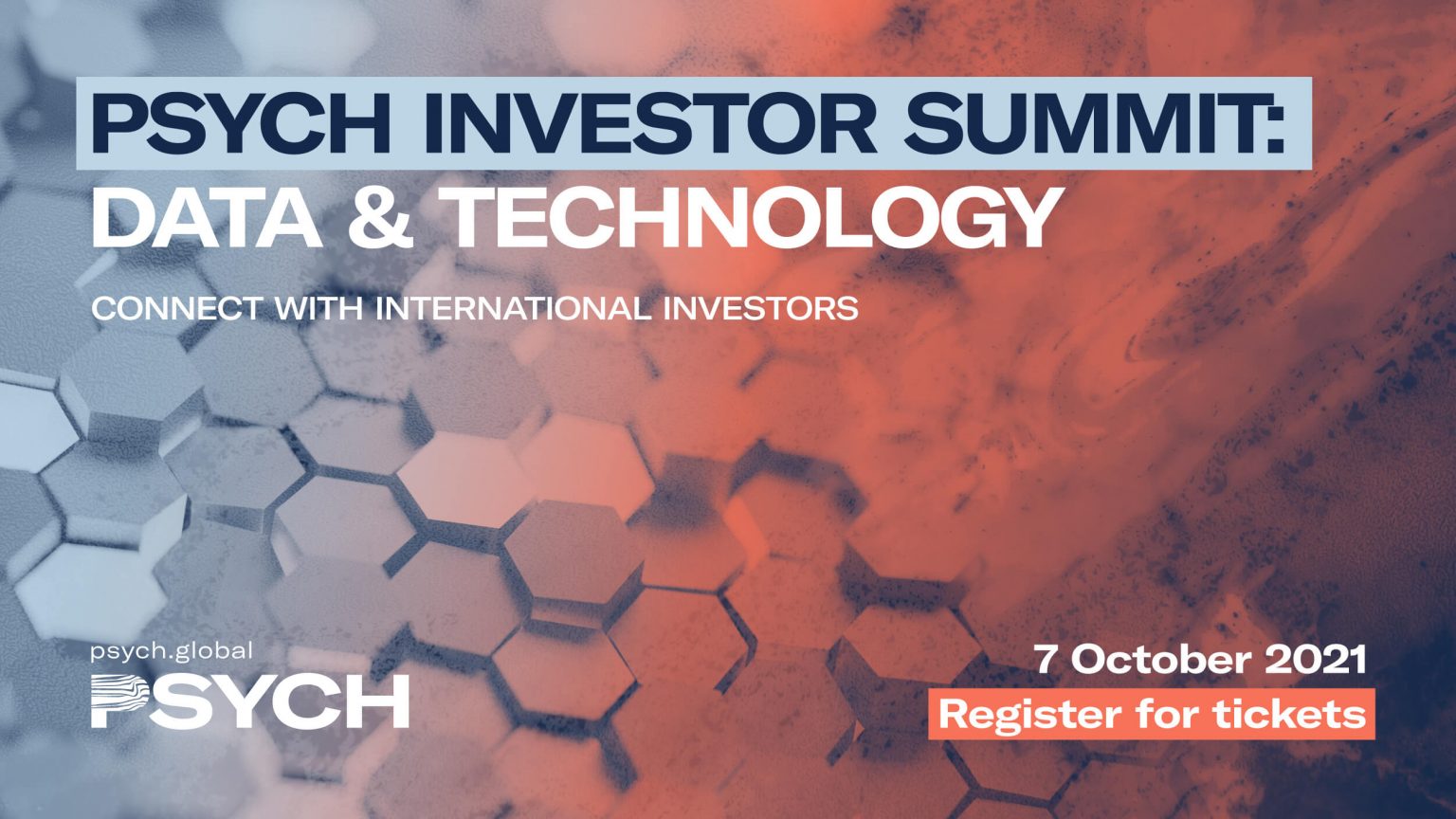
In 2019, RYAH Group pivoted towards becoming an Internet of Things (IoT) device platform, and as a result of the COVID-19 crisis found its niche in telehealth and remote dosing. The company has a suite of IoT devices, developed in-house, that are completely controlled by mobile applications. These applications turn the device on and off, and when the dosage limit is reached, the device turns off automatically to prevent overdoses.
RYAH Group’s CEO, Gregory Wagner, is a Wall Street veteran and was previously Head of Equity Prime Services at the Royal Bank of Scotland. PSYCH sat down with Wagner ahead of October’s PSYCH Investor Summit: Data & Technology, to discuss the role of artificial intelligence and data analytics in psychedelic medicine.
‘The mission of this project is to collect complex data points that enable doctors and clinics to create and provide highly personalised dosing regimens’, declared Wagner.
‘We don’t touch the medicine; instead, we provide the devices and data for drug developers to fill our cartridges or patches with medicine and distribute that to their patient networks. It’s very symbiotic and the roles and responsibilities are very clear in this distribution relationship.
‘It is essentially a razor and razor-blade model, where we have a one-time sale on our devices and generate recurring revenue from the cartridges and patches. The goal for the company is to balance data and device revenue, and we’re starting to see this already, through the harmony of our hardware and software revenues.’
In the burgeoning psychedelics industry, differentiation is crucial. PSYCH asked Wagner why he believes RYAH Group stands apart from its peers.
‘There are four unique attributes that make us different and set us on a path to profitability. Number one, we have the first patent ever granted in artificial intelligence and cannabis, so we are very serious about data analytics and software, not just hardware. Number two, we own all of our IP, so our devices are not licensed to a third party and we don’t pay royalties; we own the schematics, the files and software. When we look at our peers and other providers, they are often just licensing out products owned by third parties.
‘Number three, we have one of the largest privately owned databases in plant medicine. I came to the company because I was completely floored by the amount of data it had gathered. The organisation has millions of points of structured and unstructured data, but the challenge was how to monetise it. With the products we have coming out, we will soon demonstrate how we will monetise this huge database.
‘The last unique attribute is that we have hired over 120 years of medical device experience, with retired Johnson & Johnson and Pfizer senior medical device executives on our team. They have a great rolodex and are here because they believe in the company and see where we are going. This is a medical device story and they have the connections to penetrate large hospital networks and research centres, which is where we will thrive.
‘A lot of our peers create brilliant devices, but have no data, or they have great data analytics platforms but no devices. They don’t have captive patient dosing data, but we have both. There is an old saying that you either mine for gold, or sell the pickaxes. We do both, we have the pickaxes, or devices, and believe that data is the gold.’
Underpinning the success of psychedelic medicines is their regulatory approval worldwide, with manufacturers required to demonstrate safety and efficacy in clinical trials. Wagner outlined how data sciences will be crucial in accelerating the process.
‘Data is essential to understand how psychedelic medicines affect different demographics, helping regulators make more informed regulatory decisions. It enables clinics to create personalised dosage regimens, and our AI and machine learning tools empower big pharma to make medical breakthroughs.’
 The role of data and technology in expediting the adoption of psychedelic medicines is the focus of the upcoming Investor Summit. PSYCH was eager to identify the opportunities RYAH Group presents to investors and pressed Wagner on the topic. He is confident that the company provides significant opportunities for its supporters.
The role of data and technology in expediting the adoption of psychedelic medicines is the focus of the upcoming Investor Summit. PSYCH was eager to identify the opportunities RYAH Group presents to investors and pressed Wagner on the topic. He is confident that the company provides significant opportunities for its supporters.
‘Our listing on the Canadian Securities Exchange is not our last stop, and we definitely intend to list elsewhere. We’re currently working with a number of institutional investors in Canada and have ETFs interested in participating once we’ve listed on the London Stock Exchange. As we begin to uplist and dual list, we expect the holders of this company to be more long-term institutional investors, rather than traders, moving towards a longer-term strategy of investment partnerships.
‘What I tell investors is that if you’re looking to dip your toe in the water into the psychedelics industry, with a true medical device story, then this company sells itself – with a true marriage between hardware, software and firmware. I’m very bullish on this company, and when the medical devices are certified it will be another validation that the company is on the track. When they are certified around the world, they will be subject to statutory insurance reimbursement, so will become less price sensitive. The future looks bright, so the message to investors would be to come on in.’


